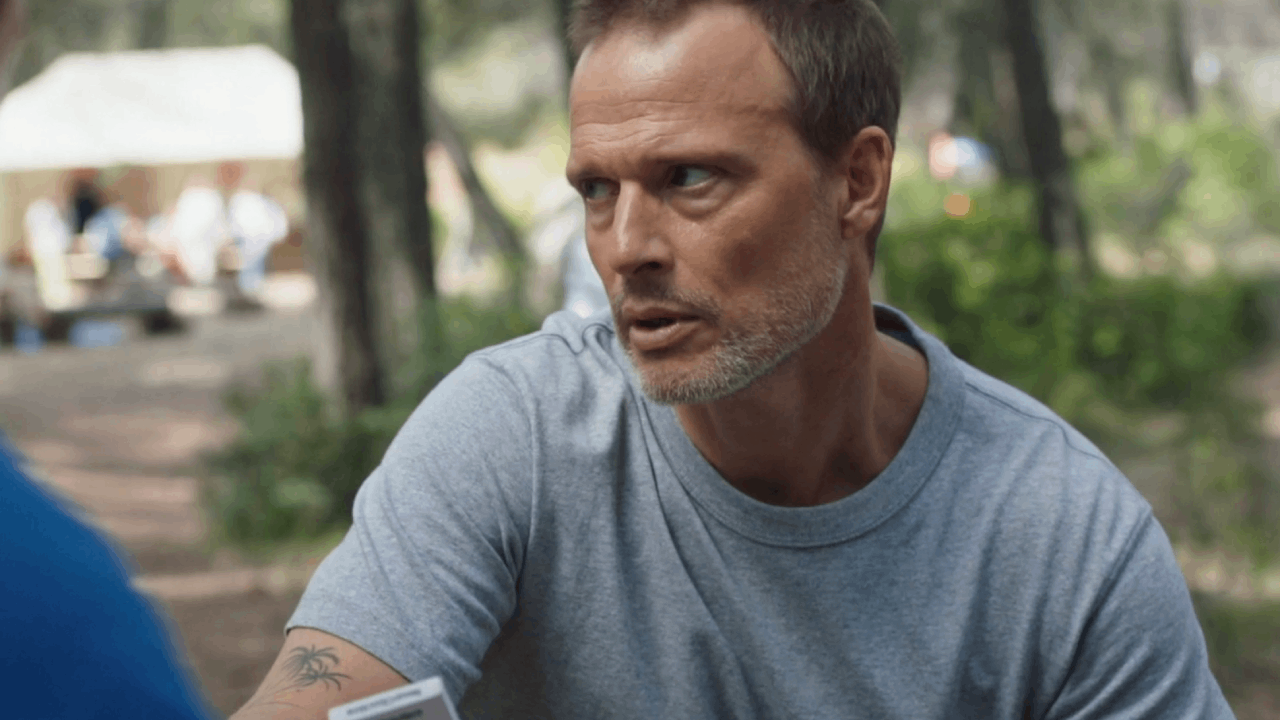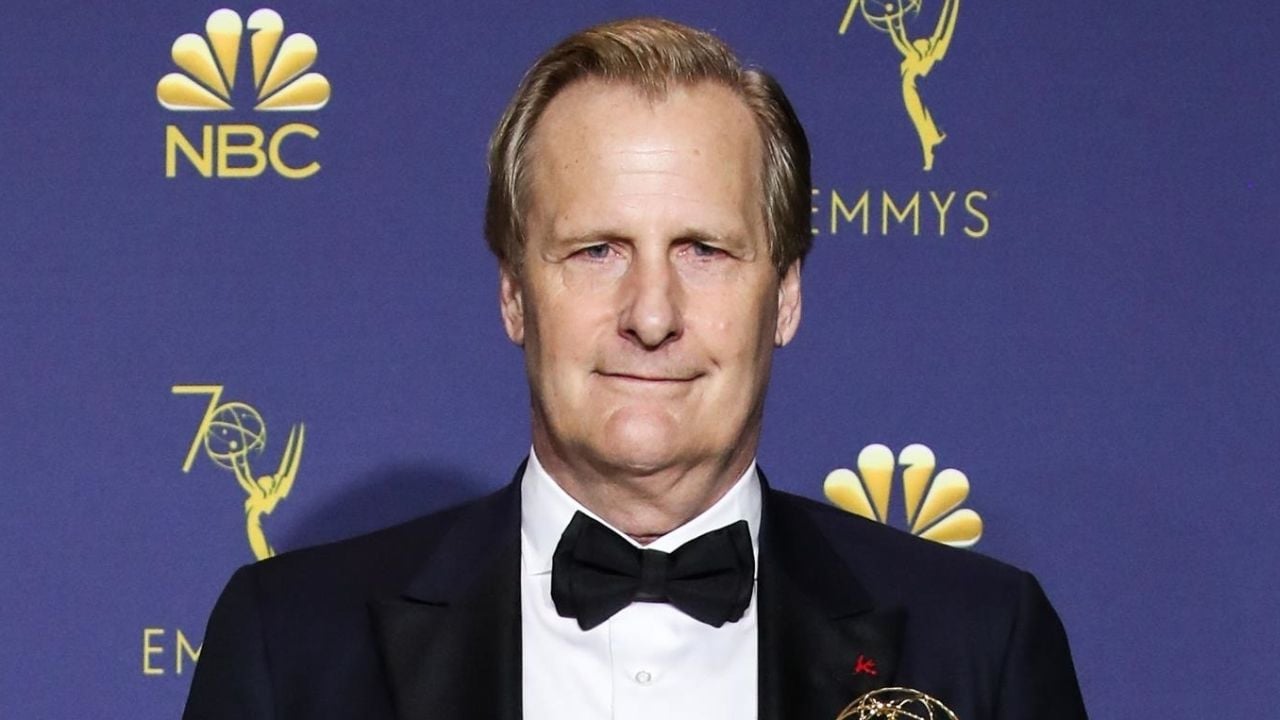Argentine voters are angry and scared. Whichever sentiment prevails will tip the scales of the country’s presidential election on Sunday and could reshape its diplomatic ties and economic future.
The country of around 45 million inhabitants will vote in the second round of the November 19 elections between Sergio Massa, current Economy Minister of the Peronist government, and the libertarian outsider Javier Milei. Opinion polls point to a close race and a deeply divided electorate.
In Buenos Aires and elsewhere there is anger against the government, which has failed to contain inflation of up to 150% which has pushed two fifths of the population into poverty. This weakened Massa and fueled the sharp rise of his right-wing rival.
Instead, there is fear for Milei, a wild-haired former TV commentator whose aggressive style has led some to compare him to former US President Donald Trump. He often appears at demonstrations brandishing a chainsaw, a symbol of his plans to cut state spending.
The two candidates offer very different visions for the future of the country, a major exporter of soybeans, corn, beef and lithium, the largest debtor to the International Monetary Fund (IMF) and a growing producer of shale oil and gas .
Milei is a harsh critic of China and other left-wing governments he calls “communist,” including Brazil; he wants todollarize the Argentine economy and close the central bank; and he opposes abortion.
Massa, a centrist politician in a left-wing government, has presented himself as a defender of social benefits and the regional Mercosur trading bloc, but bears the brunt of the failure to stabilize the economy.
“I lean towards Milei,” said Raquel Pampa, a 79-year-old retiree from Buenos Aires, adding that she is tired of what she says is the corruption of mainstream politicians.
“The money isn’t going to public works or to putting food on the tables of pensioners or workers who earn a pittance: it’s lining the pockets of politicians.”
Massa, however, has won over some voters by criticizing Milei’s “chainsaw” economic plan, which he says could impact social security benefits and increase the price of transportation, energy bills and the health system, currently subsidized by the state.
“My vote is for Sergio Massa because, of the two models that are being discussed now, his is the one that basically guarantees me to stay alive,” said Fernando Pedernera, 51, a media worker. He also criticized Milei’s vice president for defending Argentina’s former military dictatorship.
Left-wing leaders in Brazil, Mexico and Spain have expressed their support for Massa, while Nobel Prize-winning Peruvian author Mario Vargas Llosa and former right-wing leaders in Chile and Colombia support Milei.
“IT’S NOT MY FIRST OPTION”
Neither Massa nor Milei reach the second round with strong support. Massa got 37% in the first round in October, while Milei took 30%, although he won the support of a major conservative bloc for the second round, which could lead him to victory if that translates into votes.
Opinion polls show the two side by side, with some putting Milei as the favorite and others predicting Massa’s victory. Many voters across the country are not convinced.
“This Sunday I have already decided that I will not vote for either candidate,” said Nicolás Troitino, 31, in Buenos Aires.
“For me, none of them represent the hopes I have for the country’s future. They spend more time fighting each other than solving people’s problems.”
Milei, a libertarian economist who entered politics only about two years ago, has reinvigorated a hard core of support, especially among young people, while attracting some voters seeking to punish Peronists for the economic crisis.
“I will vote for Milei, it’s not my first option, but it’s what I have left,” said student Valentina, 21, who didn’t want to give her last name.
Massa, appointed “super minister” last year to try to repair the economy, has so far struggled to keep it under control, with inflation accelerating to its highest level in 30 years. Net foreign exchange reserves are in the red.
However, he has solid political experience – unlike Milei – and is seen as someone capable of negotiating across political divides, as well as with the country’s powerful unions, companies and investors.
“It seems to me that, looking into the future, he is the only political actor who really has the support of the entire political arena, both the opposition and the governing party,” said Gonzalo, 31, a judiciary employee, who he only gave his name.
The new Congress, already defined in the first round in October, will be very fragmented, without a single bloc having a majority, which means whoever wins will have to obtain the support of other factions to pass laws.
Source: Terra
Rose James is a Gossipify movie and series reviewer known for her in-depth analysis and unique perspective on the latest releases. With a background in film studies, she provides engaging and informative reviews, and keeps readers up to date with industry trends and emerging talents.






